|
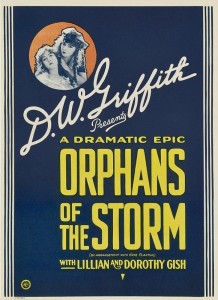
Synopsis:
During the French Revolution, orphaned young Henriette (Lillian Gish) and her adopted sister Louise (Dorothy Gish) head to Paris to seek a cure for Louise’s blindness — but as soon as they arrive, Henriette is abducted by a lustful aristocrat (Morgan Wallace), while Louise is kidnapped by an unscrupulous beggarwoman (Lucille La Verne) hoping to make money off of Louise’s ailment.
|
|
Genres, Themes, Actors, and Directors:
- Blindness
- Cross-Class Romance
- D.W. Griffith Films
- French Revolution
- Historical Drama
- Kidnapping
- Lillian Gish Films
- Mistaken Identities
- Orphans
- Play Adaptation
- Search
- Siblings
- Silent Films
Response to Peary’s Review:
Peary is clearly enamored by this “silent epic” by D.W. Griffith, which he labels “marvelous entertainment, as exciting, old-fashionedly melodramatic, and visually impressive — if not as important — as any of [Griffith’s other] films”. He notes that the movie — a “romantic adventure” which creatively “mixes fiction and historical events” — “never drags because Griffith makes sure that one of the characters we care about is always in deep trouble”; indeed, he literally “milks misery” out of the lead protagonists (the Gish sisters, in their final roles together for Griffith). Peary argues that “beautiful, ethereal [Lillian] Gish was never better than in this film”, with her “close-ups… as impressive as [Griffith’s] spectacular crowd scenes”, and he admits that when Lillian and Dorothy “stand together in the ending two-shot”, he gets “the same feeling as when gazing at a priceless painting”.
While I don’t find the film quite as personally moving as Peary, I’ll agree with him that it’s a masterful picture which, unlike the vast majority of silent films, stands up remarkably well today — thanks to the critical conflux of ingredients noted above, in addition to fine historical sets and snippets of surprisingly effective realism (see stills below). Lillian (as Henriette) is memorably nuanced in the lead role, and her relationship with her adopted sister thankfully comes across as genuinely touching rather than cloying. Indeed, their sororal bond remains the glue that holds this admittedly dense narrative brew together, as countless characters and subplots compete for space — including Henriette’s cross-class romance with kind Chevalier de Vaudrey (Joseph Schildkraut); the Countess de Liniere (Katharine Emmet)’s recognition that Louise is her abandoned foundling daughter; Louise’s mistreatment at the hands of evil “Mother” Frochard (Lucielle La Verne, hilariously hideous with her faux mustache); and Henriette’s encounters with various historical figures, including Danton (Monte Blue) and Robespierre (Sidney Herbert). It’s a lot to keep track of — but if you’re in the mood for just this kind of melodrama, you surely won’t be disappointed.
Redeeming Qualities and Moments:
- Lillian Gish as Henriette

- Dorothy Gish as Louise
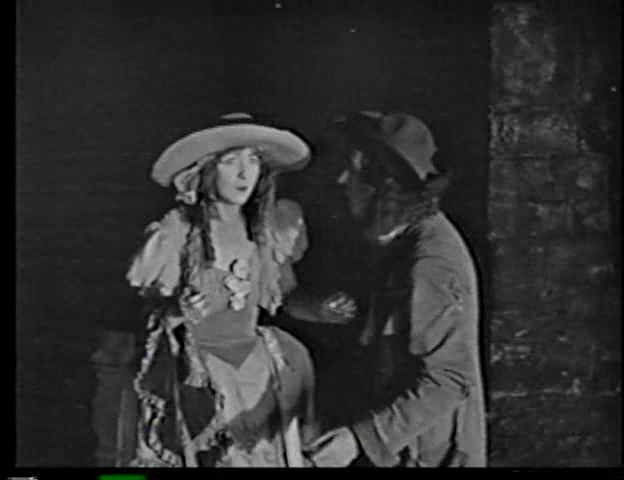
- Lucille La Verne as “Mother Frochard”
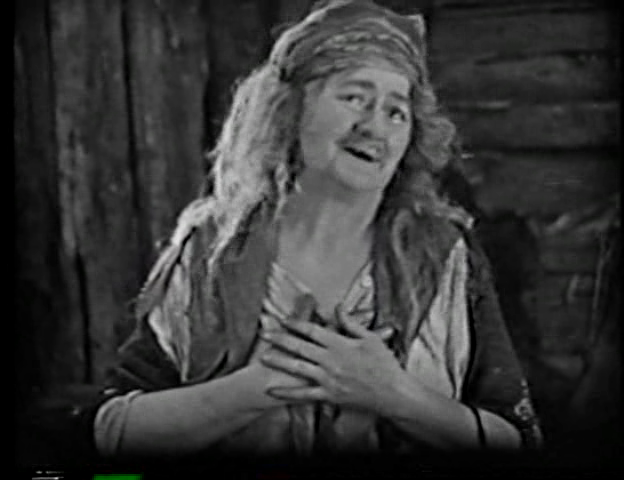
- Effective historical realism
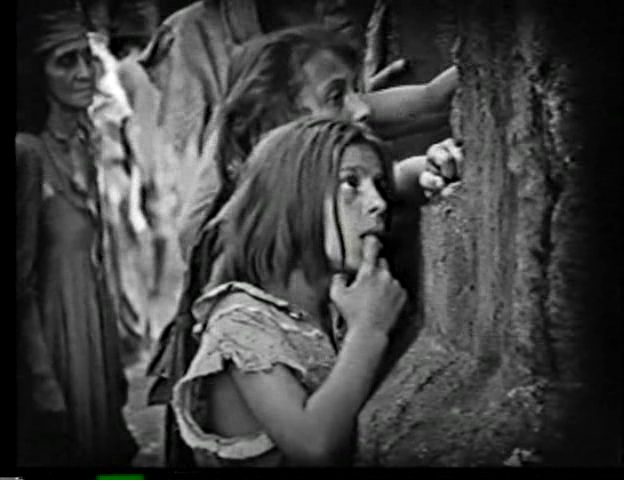
- Fine period sets
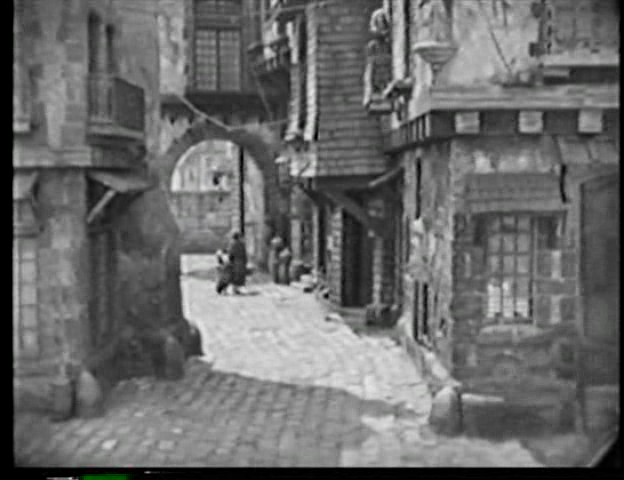
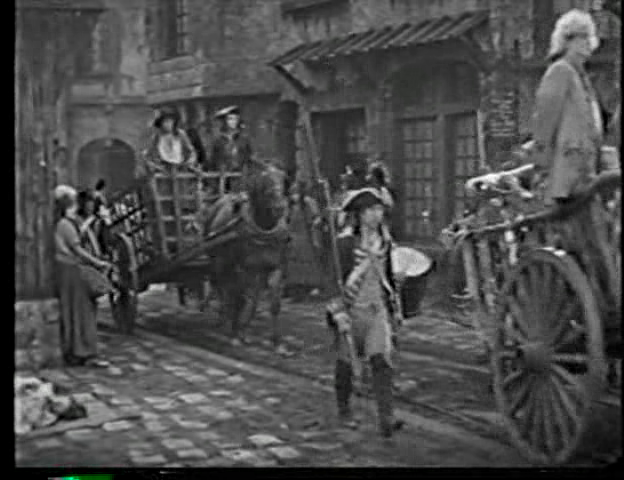
Must See?
Yes, as Griffith’s final masterpiece. Available for free viewing at the Internet Archive.
Categories
(Listed in 1001 Movies You Must See Before You Die)
Links:
|







One thought on “Orphans of the Storm (1921)”
Not a must.
While I agree with much that’s in the assessment (though not necessarily what’s quoted from Peary), a revisit of this just now doesn’t leave me with the thought that film fanatics need to make sure to see it. Griffith was, of course, a great innovator (IMDb lists a staggering 535 titles; though the bulk of them are shorts) and ffs should know (and would genuinely benefit from seeing) some of the director’s work. But a few titles would suffice. FFs are not necessarily film scholars – and, especially when it comes to silents (which the average film viewer will shy from), I feel the need to recommend only those which I feel strongly enough about as memorable films.
Naturally, ‘OOTS’ is impressive on several counts (as the assessment points out). It’s also, as noted, “dense”. It takes energy to not only keep up with it as a silent but also as a considerably populated ‘historical’ epic. It makes one curious about why so much ground needed to be covered in one film – we go from something of a domestic melodrama (and this is, in part, very much a melodrama, often laced with exaggerated acting) to sweeping scale grandeur. Was Griffith that passionate about French history?, or did he see an opportunity to give audiences real bang for their buck?
Lillian always was more memorable as an actress than her sister Dorothy. But here the two of them are all but swallowed up by what surrounds them.
All that said, ‘OOTS’ is not a bad film, even if it is a little long. I’m just very selective when it comes to recommending Griffith films to ffs.